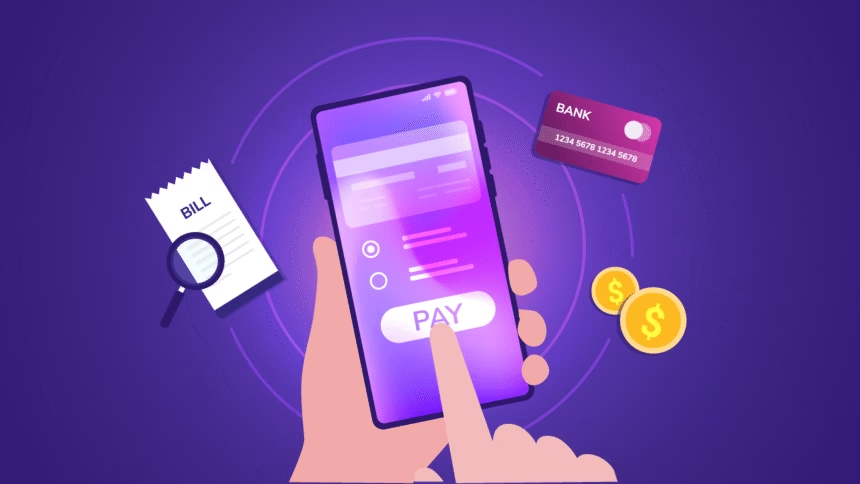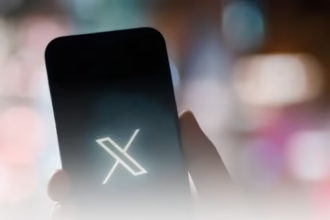The future of digital payments in Nigeria is no longer a faraway dream; it’s already shaping how people and businesses interact with money every day.
Digital payments are changing how Nigerians pay for goods, receive money, and grow their businesses. With mobile apps, QR codes and virtual cards, the shift is happening fast. And it’s only just beginning.
Why Digital Payments Matter Now
Nigeria is a mobile-first country. Most people access the internet through their smartphones. That’s why digital payment systems have become more than just tools; they are lifelines.
If you are buying suya from a roadside vendor or paying school fees, digital options are becoming more common.
And during the cash scarcity of 2023, millions turned to digital wallets. It was a defining moment for trust in technology. The future of digital payments gained serious momentum from there.
Government Push and Regulations
The Central Bank of Nigeria (CBN) has been working to build a cashless society. With policies like the cashless policy limits and support for the eNaira, the goal is to create a digital-first economy.
The Nigeria Inter-Bank Settlement System (NIBSS) also reported that over 700 million transactions were processed through electronic payment channels in a single quarter.
But it’s not just about transactions. It’s about safety, traceability, and ease. That’s why the government is also introducing more rules to protect users, prevent fraud, and increase trust.
This push for regulation is a key part of the future of digital payments. Without it, widespread adoption would stall.
Fintech Is Leading the Way
Startups like Flutterwave, Paystack, Moniepoint, Opay, and PalmPay are redefining how Nigerians send and receive money. They make digital payments easy, cheap, and fast. Even street vendors and small shop owners now use their apps.
Fintechs are building what banks often couldn’t: a smooth user experience and 24/7 customer support. Their presence in both urban and rural areas makes them the front-liners in the future of digital payments.
Mobile Money and QR Codes
The use of USSD codes, mobile wallets, and scan-to-pay systems has grown rapidly. With smartphones becoming cheaper and data more accessible, digital tools are no longer limited to the elite.
QR codes are gaining popularity for being fast and secure. In fact, CBN introduced the Nigerian QR Code Standard to help unify and expand adoption. For merchants, it means less worry about change or theft. For customers, it’s just a scan and go.
This convenience is a big reason why the future of digital payments will continue to grow, especially in open markets and informal sectors.
Challenges in the System
Even with all the growth, there are still major issues. Network failures, poor internet, and technical downtime cause frustration. Many Nigerians have experienced failed transactions or missing refunds. These problems hurt trust and slow progress.
Also, digital literacy remains a barrier. Some people, especially the elderly, still fear using mobile apps. Security concerns, scams, and fake links also cause hesitation.
Solving these issues is necessary for building the future of digital payments. Without trust, people will return to cash.
Also Read: 6 Businesses That Thrive in Lagos in 2025 (And Why)
Gen Z and Millennials Are Driving Change
Younger Nigerians are digital natives. They want everything fast, simple, and mobile-friendly. From TikTok to TikTok Shop, they are already used to digital interactions, including money.
These age groups also form a large percentage of the working and business population. They run online stores, pay freelancers, and shop through WhatsApp.
This user base is setting the pace for what the future of digital payments should look like: mobile, social, and seamless.
E-commerce, Subscriptions, and Global Payments
As Nigerians buy more from local online stores and global platforms like AliExpress, the need for flexible payment systems is rising. From Naira virtual cards to PayPal alternatives, consumers are demanding new ways to pay safely.
Subscription services (Netflix, Spotify, Canva, ChatGPT) are also influencing how Nigerians handle recurring payments. Providers are adapting with new options like direct debit and monthly plans through wallets.
This means the future of digital payments is not just about one-time transfers. It’s about building full payment systems that support lifestyle and business growth.
Rural Penetration and Financial Inclusion
Digital payments have a chance to reach the underserved. Thanks to agents, offline QR systems, and voice-based USSD tools, rural areas are no longer left out.
Platforms like MoMo Agent by MTN and banking agents allow people in villages to deposit, withdraw, and send money digitally. This is a huge step for financial inclusion and a strong signal for the future of digital payments in Nigeria.
Cryptocurrency and Cross-Border Payments
Even with restrictions, Nigerians are among the top crypto users in Africa. People use it for savings, remittances, and avoiding inflation.
Startups like Yellow Card and Bitmama are offering crypto-to-fiat bridges. This shows how digital payments could evolve to include blockchain-backed tools, especially for global transfers.
It’s likely that in the future of digital payments, cryptocurrency will play a role, once the legal and risk challenges are better managed.
What Businesses Must Do Now
If you run a business in Nigeria, this is the time to get ready:
- Accept QR payments.
- Open a business account with a fintech platform.
- Offer digital receipts.
- Educate customers on payment safety.
Businesses that do this will stay ahead in the future of digital payments. Customers want options. Make sure you give them what they need.
Don’t Miss: How to Identify Your Business Competitors (Even If You’re Just Starting Out)
What to Expect in the Next 5 Years
Here’s what’s coming:
- Faster transactions with better infrastructure.
- More mobile-first banking.
- AI and chat-based payment services.
- Wider use of virtual cards and wallets.
- Government-backed security systems to stop fraud.
- More tools for remote work, digital gigs, and global freelancing.
The future of digital payments is not just about money; it’s about access, trust, and speed.
Government efforts, fintech innovations, and everything is pointing in one direction: cash is fading, and digital is here to stay.





